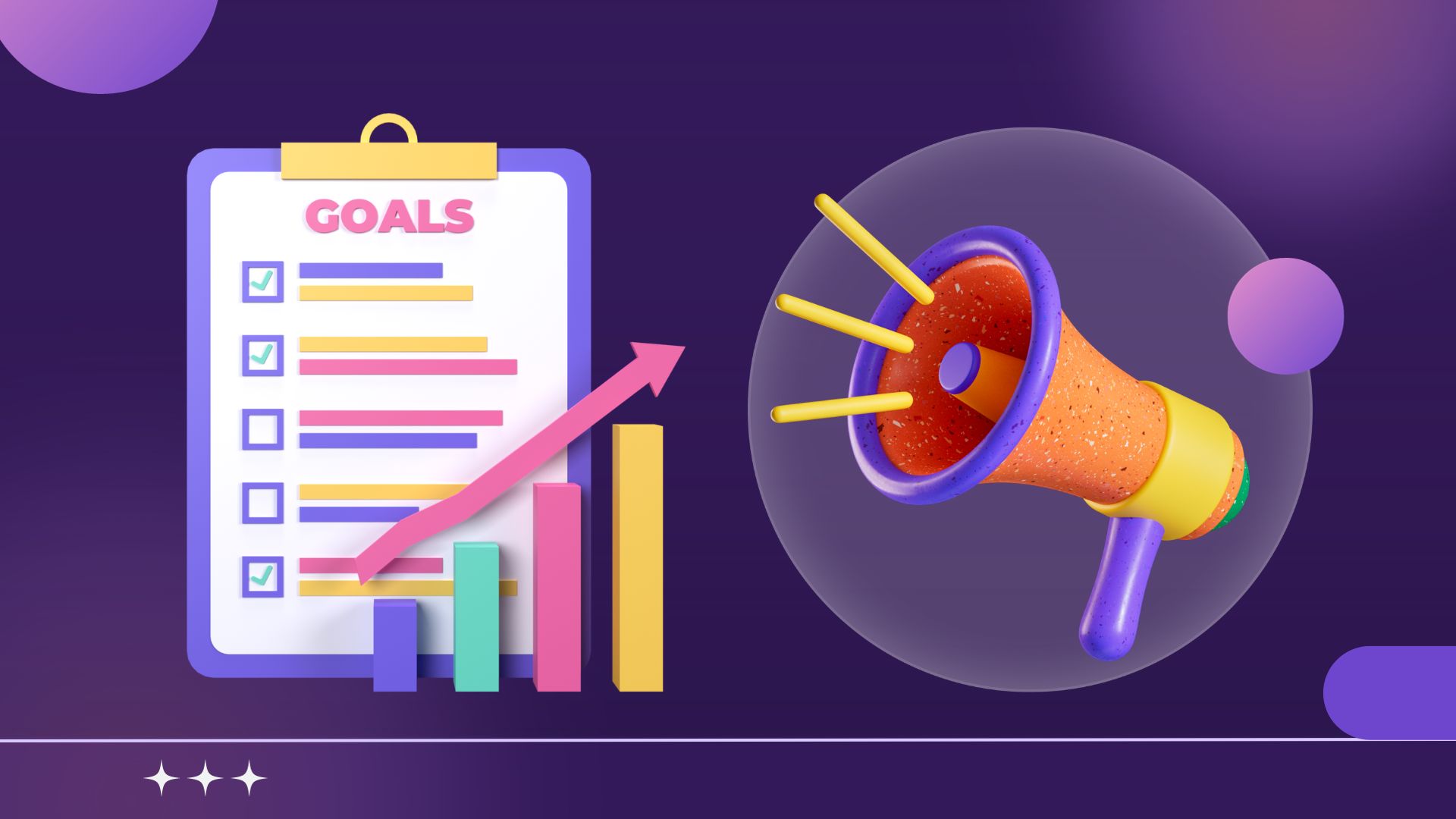The Three Most Valuable Lessons Learned, Part 1
 By my reckoning, we're now in the third stage of the customer relationship management (CRM) evolutionary cycle: the agonizingly painful rebuilding phase following the second stage (the horrible crash). The second stage, in turn, was preceded by the first stage: the heady, fun-filled days of triple-digit growth rates, booming stock prices, and outrageously inflated expectations.
By my reckoning, we're now in the third stage of the customer relationship management (CRM) evolutionary cycle: the agonizingly painful rebuilding phase following the second stage (the horrible crash). The second stage, in turn, was preceded by the first stage: the heady, fun-filled days of triple-digit growth rates, booming stock prices, and outrageously inflated expectations.
With this in mind, I am dedicating my next three articles to the three greatest and most valuable lessons I've learned over the past few years, a time which could be called first-generation or, more accurately, “experimental” CRM.
For all of you who arrived late to the CRM party, here's an opportunity to become educated on someone else's nickel. For those of you out there who, like me, have been deep in the thick of CRM implementations (and doubtless have battle scars to prove it) my Three Most Valuable Lessons Learned will help you get poised for the next stage of CRM: the resumption of steady growth, fueled by a more sensible and practical application of more stable and more tightly integrated CRM technology to achieve solid, measurable improvement in financial performance.
In this, the first installment, we'll examine the subject of nearly every management book on CRM, perhaps best distilled as follows:
Most Valuable Lesson Learned No. 1
Implementing new technology without changing underlying processes, incentives, skills sets (i.e., people), and reporting structure is a form of corporate insanity. It's doing things the same way (with new technology) and expecting dramatically better results.
New technology is no substitute for competitive strategy and precise execution. Simply deciding you want to cross-sell customers or build deeper relationships does not make it so. Buying a software package does not create CRM in your organization (no matter how expensive it is).
This is clearly the most widely accepted and discussed, but least practiced, aspect of CRM. CRM is a business strategy (mandating attendant improvements in competitive strength and management focus), not software installation.
A recent study, which tracked 25 Fortune 1000 companies in various implementation stages of CRM, reveals that a major factor in successfully implementing CRM is “starting from the perspective of the company's business processes.”
In other words, businesses shouldn't deploy new technology without some idea of how to use it. Great idea, isn't it?
As nearly everyone knows, CRM in most organizations began as a software vendor selection process. This is tantamount to shopping for a surfboard before learning how to swim. Sad to say, CRM was sold to corporate buyers by commission-hungry software salespeople who stressed the promised benefits of the technology but not the serious soul-searching, restructuring, and hard work it takes to be successful.
Many corporate clients grossly overestimated the ability of their organizations to adopt new practices, underestimated the structural changes required, or didn't really communicate nor demonstrate what goals they really wanted to achieve and how to achieve them. In some cases, executives were unconsciously competent at strategy and sales. They knew what they wanted but were not terribly effective in communicating to — or institutionalizing this critical knowledge for — the rest of their organization. Often, you found middle managers repeating the mantra, “CRM will help us better understand our customers and address their needs,” when that simply was not true. Few CRM suites actually offered this broad-ranging functionality.
At best, CRM packages provided an integrated view of customers. For many organizations, this was no small accomplishment. Perhaps the greatest achievement of early full-service CRM suites was to enable multidivisional with multichannel operations to standardize their respective disparate and disjointed customer-facing processes and customer information stores.
In our next installment, we'll look at the second most valuable lesson learned from CRM, which speaks to technical strategy (or the dangers of a lack thereof).
Got an opinion on this stuff? Willing to share it? If so, please write me at [email protected]. Stay tuned for parts two and three.
Arthur O'Connor is one of the nation's leading experts on customer relationship management (CRM) and customer-facing IT systems and strategies. He's currently the national columnist for eCRMGuide.com and this year serves as the chairperson of the Institute for International Research's CRM Conference. Arthur has over 20 years leadership and management experience in the area of customer management, strategy and new business development, including 15 years as a senior corporate officer of two NYSE-listed inter national corporations, and over five years experience as an independent management consultant and Big 5 firm practice manager selling and managing large-scale IT engagements.




